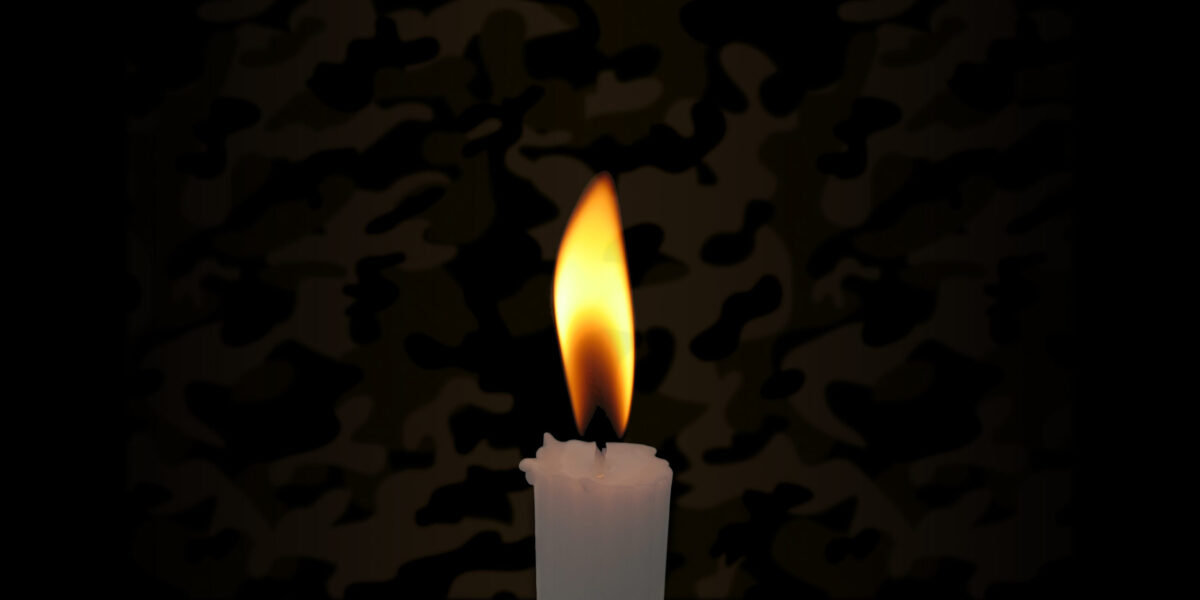These lessons are designed to help congregations think both
theologically and practically about healing from the trauma of war, and
learning the meaning of Jesus’ way of peace. The lessons assume that peace
churches and military veterans could benefit greatly by walking this path
together. For some churches, this kind of shared dialogue across what is often
experienced as a social barrier is new territory that may feel strange, even
frightening. For other churches, this has already been a challenging and deeply
rewarding journey.
We live in an era of seemingly endless war. Since the Gulf
War in 1991, the United States has conducted military actions in many places
around the globe, including Somalia, Haiti, Bosnia, Serbia, Afghanistan and
Iraq, as well as drone strikes in Pakistan, Yemen, Somalia and now Syria. As of
2012, there were an estimated 21 million military veterans in the United
States, of which 2.5 million were from the wars in Iraq and Afghanistan. While
many of us continue our lives as normal midst these wars, this is not the case
with veterans, their families, and the many who must live with the trauma of
bombs and terrorist attacks in their own countries.
Indeed, many veterans among us still carry the emotional
trauma and moral pain of war within. Their pain is a living reminder of our
shared failure to prevent war and create a culture of peace. And while many
members of peace churches have responded with compassion to the victims and
survivors of war overseas, few have reached out to military veterans here at
home.
This curriculum is an opportunity to explore these concerns
in the context of our faith. What biblical resources can help shape our
response to war and the trauma it visits on soldiers and civilians alike? What
can veterans and peace churches learn from one another?
We have created six lessons as a way to begin this journey,
or to continue a journey already begun. Please find the Teacher’s Notes at the
end of each lesson.There are opening
exercises and additional
resources/lesson extenders for each lesson. You will know what kind of
activities and resources will work best for your class or small group. If you
decide to use all the materials in addition to the lesson text and discussion
questions, you will likely have enough material to spend two Sundays on each
lesson.
The lessons on trauma and trauma healing (Lessons 3 and 4)
may feel heavy, and may in fact trigger intense responses, particularly from
participants who have been traumatized in the past. Alert your pastor or an
experienced counselor in advance, so that they can be prepared to be available
and respond.
Discussions that move us at a deep level can be both
healing and frightening. Create a caring and respectful atmosphere in the
class. Help the participants to be fully attentive and respectful of one
another’s stories and reflections. Sometimes a circle process[1]
can be helpful to encourage deeper listening or a more reflective time if that
is needed.
If there are veterans in the class, let them know that you
welcome hearing whatever they feel comfortable sharing from their experience,
but that they shouldn’t feel obligated to speak for all veterans or to respond
to all your questions about war and the experience of re-entry.
We would love to hear about your experience with this curriculum.
After your class or group has completed your study, please complete the brief online survey form. This will help us as we plan future trainings or make
revisions to this curriculum.
Sincerely,
Jason Boone, Peace and Justice Support Network (Mennonite Church
USA and Mennonite Mission Network)
Titus Peachey, Coordinator for Peace Education, Mennonite Central Committee
U.S.
Evan Knappenberger, Iraq War Veteran and Student at Eastern Mennonite
University
[1]
See The Little Book of Circle Processes:
A New/Old Approach to Peacemaking, by Kay Pranis, Good Books, Intercourse,
PA, 2005. See also: About the Circle Process:







